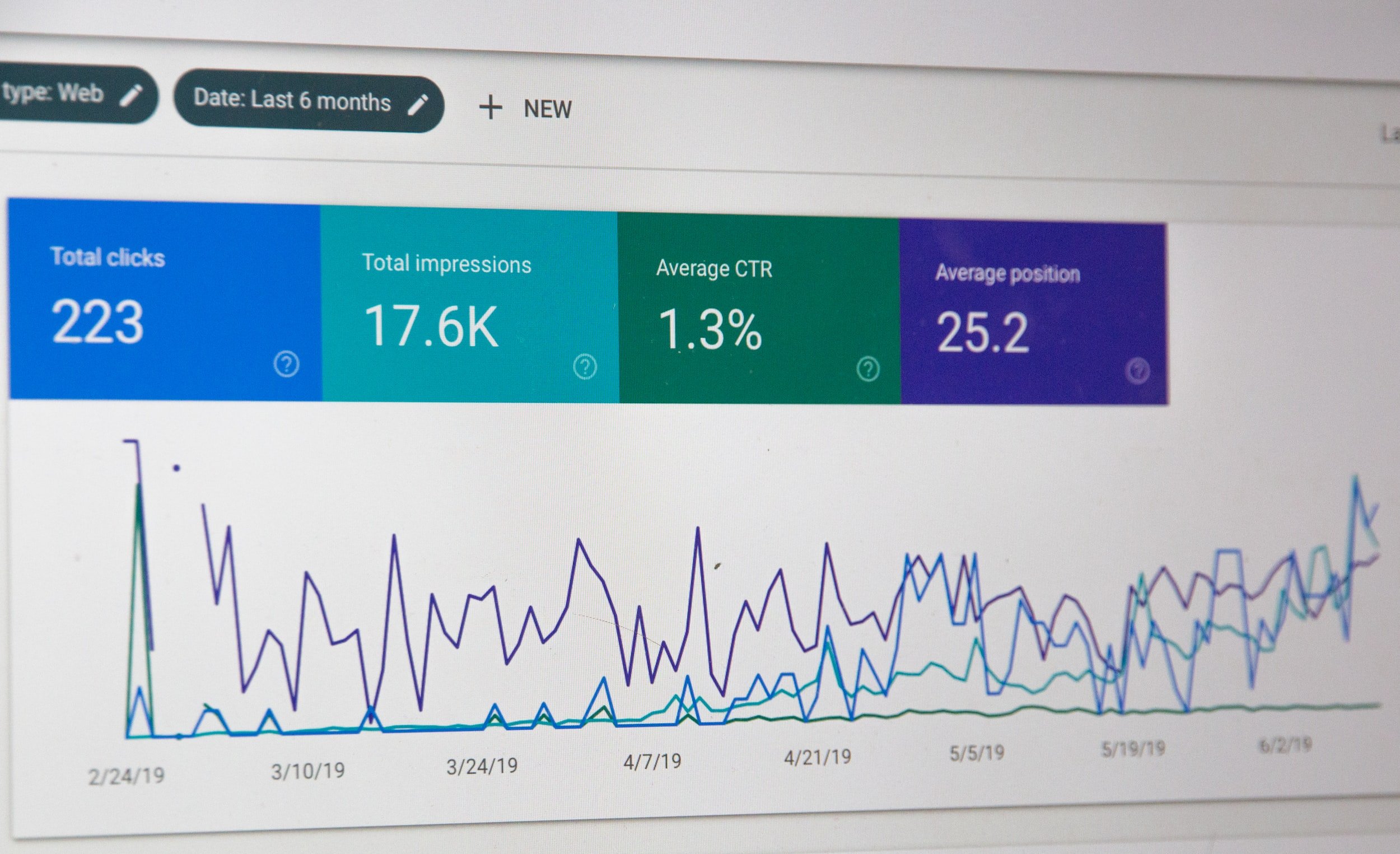Do you run ads on Google, Facebook, or Instagram? Conventional wisdom tells us that Pay Per Click advertising (PPC) returns $2 for every $1 spent. This doesn’t take into account optimising your ads through compelling, catchy, and competitive copy.
If you’re dabbling in PPC advertising and struggling to come up with three headlines with 25 characters or fewer (the Google Ads limit!) - here is a short guide on how to write effective online ads.
Know Your Audience
Seems a little obvious, but just like in your content strategy, you need to know who your audience is and speak to them. If you are targeting 18-25 year olds, you don’t want to come off as cringe by adding out-of-context slang into your headlines and descriptions when they can become out of date very quickly. This will take some research on your part to determine the tone and style that works best for your core audience. Remember to keep consistent by using and updating a style guide.
Demonstrate Tangible Value
This can prove challenging for the writer, as you only have about 25-30 characters for headlines and 90 characters for straplines or descriptions (in Google Ads, at any rate.) But demonstration of value isn’t an uphill battle - you are only competing for attention among direct competitors for that search term. You can stand out by:
Having a more competitive price. (Cheaper)
Being more convenient. (Faster)
Selling products of higher quality. (Better)
With these three elements in mind, you can “pick two” - something that’s cheap and fast is rarely better than something that’s premium and done with time and attention. (It also strains the credibility of your ad if you claim you can do all three, too.)
Drilling down to pain points and showing how your product or service can solve them can prove useful; but think of this formula when you are writing ads and in some cases…they may even write themselves!
Focus on The End Result
Ads are like the end of a story. “Once upon a time, there was a young man in search of a beanie. He typed ‘beanies’ into Google…” at which point your ad comes in. “He clicked on the ad that said ‘Quality beanies 50% off!’ and was satisfied when he got his beanie in the mail a couple of days later.”
Online ads should not be hypothetical, abstract, or mysterious. They need to focus on what the customer will get. In the beanie example, that young man was interested in getting the cheapest price. Since you can write a minimum of three ads, you can focus on quality (“100% Australian Wool!”) or convenience (Free Two Day Shipping.)
You can use these short “callouts” as Ad Extensions: short feature descriptions underneath your ad when it’s displayed alongside search engine results.
Calls To Action
All advertising is a call to action. Buy now, click here, sign up, schedule your appointment, Spend $50 and get free shipping, download for free, find out more.
You can enhance your calls to action by inducing Fear, Uncertainty, and Doubt in subtle yet effective ways such as appeals to scarcity (Buy now - last 20 remain), fear of missing out (Sale ends on Monday - check out before it’s too late!) or loss aversion (Was $500, now $299 for a limited time only). In fact, you can add countdown timers to your Google Ads to really hammer the point home. Don’t feel squeamish about using FUD - practically every online ad is built on these foundations.
Keep On Testing
There’s no such thing as the “perfect ad” - if so, we’d all agree to run it and make millions of dollars. Google Ads allows you to run multiple variations of the same ad to see which one is the most effective. Write as many ads as you can think of, let them run for a week or two and see what gets the most clicks and conversions. That means keeping the best two or three. Remember to refresh your ads every few months - and keep some ads on standby for holidays, special events such as Click Frenzy or Cyber Monday, or End of Financial Year/Calendar Year sales.
Following these simple guidelines, you too can write killer ads that sell more!
Want to get your own Google or Meta ads written by an award-winning copywriter? Contact me to get started!




